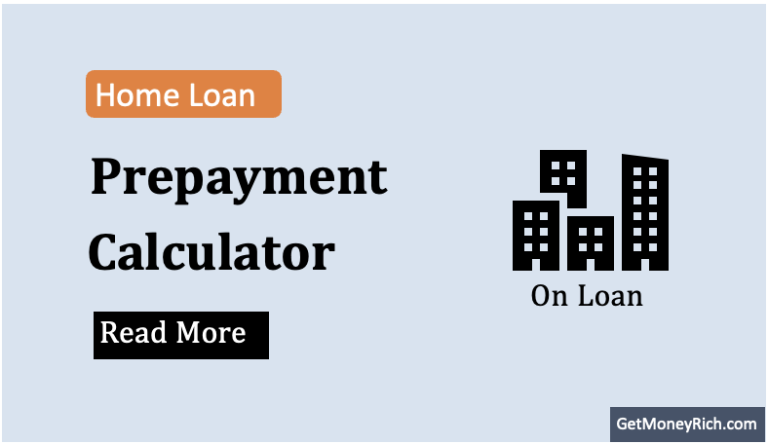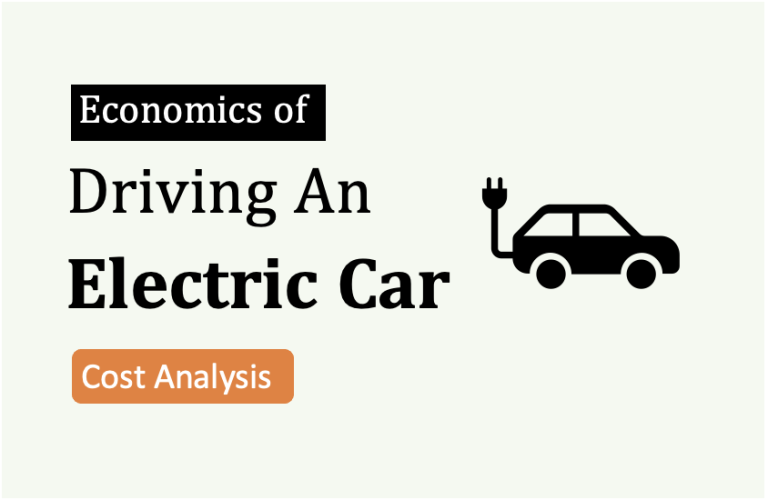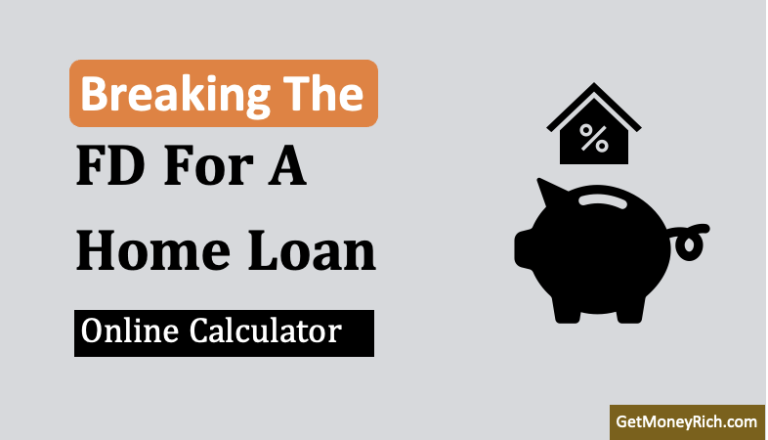Buying your first home? Consider this as a great investment.
But which is better, first self-occupied home or home put on rent?
Lots of people face this dilemma while planning their first property.
Few years back I had no home of my own. I used to live on a rented house.
Then I bought my first home. It was is indeed a great investment.
It makes great economic sense to buy first home.
On one hand we see weakening currency. On other hand inflation rates are stubbornly high.
In this situation, buying your first home can be a great investment option.
Even if there are no financial crisis prevailing around, buying first home early is a smart financial move.
As a rule of thumb, the earlier one buys the first home the better.
Property is only getting costlier with time. We wait for our purchasing power to improve.
Purchasing Power…
For a common man, purchasing power growth rate will never match the property-price-growth-rate.
For example, if after five years our salary will get double.
In the same time period property price appreciation will appreciate by 3 times.
Though this is just an exemplification, but history also proves that property price has always beaten the purchasing power.
Buying your first home will have long term advantages.
But still people delay purchase of their first home.
Why?
What really works as a hindrance for first home buyers?
The first challenge for first time home buyer is organizing money for down payment.
Down payment amount is 20% of cost of property.
If cost of home is $65000, then its down payment will be $13,000.
For a common man in India, down-payment of $13,000 is approximately 6 times of their monthly salary.
So if one has not planned in advance, organizing $13,000 in nick of time is impossible.
Experts suggest that one should buy their first home at age of 30.
It means they have at least 6 years time (from start of job) to accumulate savings for the down payment.
A simple systematic investment plan (SIP) in equity linked mutual funds will work.
A young man starting SIP of $150/month will accumulate $13,000 in 5 years.
So idea is to plan in advance to arrange for the down payment.
Buying your first home will become reality if you plan like this.
For first home buyer, 20% down payment is necessary to apply for home loan.
If one has not accumulated the savings for down payment, I will suggest approaching parents, relatives for help.
Taking loan from parents and arranging the down payment for first home is not a bad idea.
Note: To apply for the home loan, first time home buyer shall keep documents ready.
Documents like bank statements, pay slips, asset list are few necessary ones.
This will speed up the process of home loan sanction.
How to ensure that the first home becomes a good investment?
Most people fantasise living in lavish homes.
When people buy home for self, they spend beyond their means.
This is one reason why majority crumbles under load of home loan EMI.
To ensure that the first home becomes a good investment, careful selection of home is important.
Value of first home shall match ones affordability.
Careful analysis of income and expenses, will accurately quantify ones affordability of first home.
When I did this analysis for myself, I understood that my EMI affordability is $500/month.
This quantification helped to understand that, first home cannot cost me more than $65,000 (loan tenure 20 years, interest 10.5% p.a.).
Once we are aware of our affordability, the next step is to look for a good real estate agent.
In this case one wants to buy first home through a real estate agent then affordability further decreases.
Agent will charge a commission which again becomes a extra cost.
But identification of a good real estate agent can also save lots of money.
Real estate agents do the job of buying/selling properties day-in-day-out.
They can bargain and negotiate with the builders/owners and saves you lots of money.
If by paying extra 1% to real estate agent can save you 5% on overall property then it is worth hiring one.
These real estate agents also have access to key information about good properties.
There are properties that are owned by banks or by “eager to sell homeowners”.
Both these type of sellers can be a good target for first time home buyer.
These type of sellers are very eager to sell their holdings.
The longer the house remains unsold, the more cost they are incurring to manage the property like:
- Mortgage,
- Insurance,
- Maintenance,
- Property tax etc..
If a first time home buyer, by help of real estate agents, can locate such homes they can save handsomely.
How to know if First Home is a Good Investment?
How to quantify whether buying your first home deal has been value for money?
Valuation of property can be done by calculating its rental yield.
Generally most of us buy first home using home loan.
This greatly reduces the rental yield [buying home without loan drastically improves the rental yield].
My method of calculating rental yield is slightly different.
I use rental yield to quantify how much of EMI I can fund from monthly rental income.
I personally consider rental yield of 50% as a indicator which can make first home a good investment.
Lets see how rental yield of the home changes with increase in down payment amount.
Cost of the home was $65,000.
| SL | Down payment | EMI | Rent/Month | Yield (Rent/EMI) |
| 1 | 20% | $500 | $200 | 40% |
| 2 | 30% | $450 | $200 | 45% |
| 3 | 40% | $390 | $200 | 50% |
| 4 | 50% | $320 | $200 | 62% |
| 5 | 55% | $260 | $200 | 75% |
First home is considered as good investment when YIELD is more than 50%.
In order to keep yield more than 50%, it is essential to pay 40% of cost of home as down payment.
This will ensure that you buying your first home is a great investment venture.
When yield is more than 50%, the house becomes VALUE FOR MONEY purchase.
Moreover, first home also allows investors to save on income tax.





